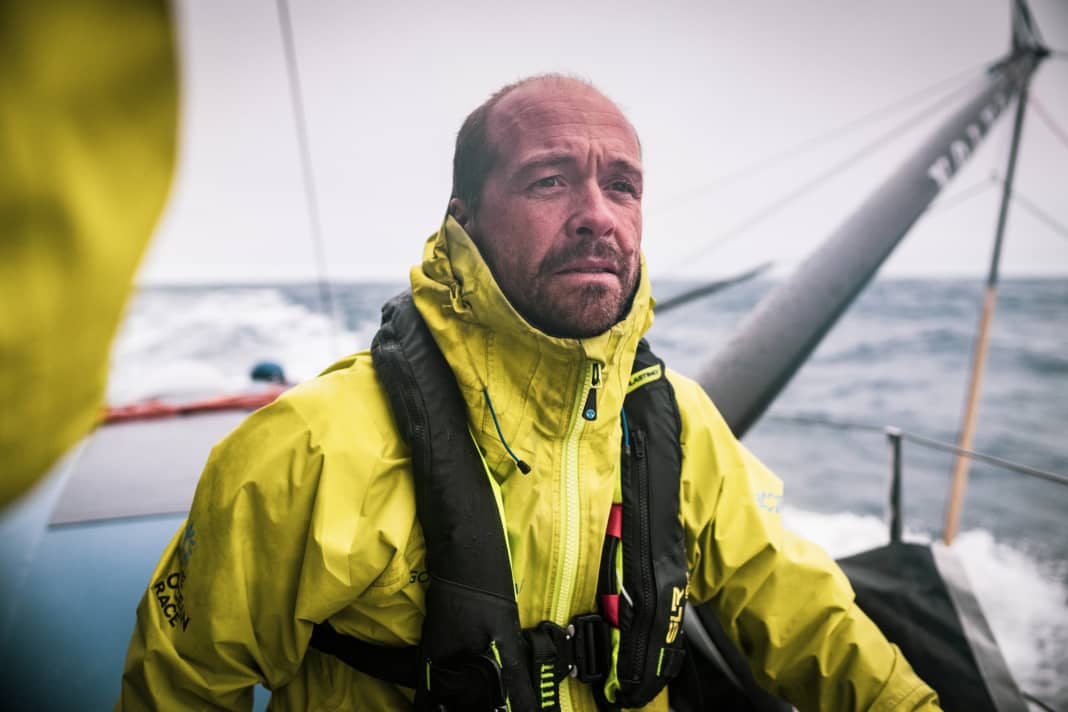





It is, as so often, complicated. The files of the prosecution and defence, the reasons for the verdict, witness statements and media reports, which describe the proceedings surrounding an "alleged incident" during the stage stop in Newport as part of The Ocean Race, run to several hundred pages. They paint a contradictory, sometimes distorted and altogether deeply disturbing picture in which assumptions and opinions often outweigh facts.
What is now regarded as certain shows how association functionaries stumble in the self-appointed role of enlighteners who were guided by well-meaning intentions but disregarded essential legal principles. How the Swiss building materials group Holcim - PRB merely pushed its skipper into retirement and financial ruin on suspicion for fear of losing its public reputation. The way in which individual media outlets have created an atmosphere without knowing the background and ignoring exonerating statements. And how the case was instrumentalised in parts of the French and international offshore sailing scene long before the sailing association's disciplinary committee had issued its first - and as it has since turned out, grossly incorrect - verdict.
The Escoffier affair
The so-called Escoffier affair began in May last year. At that time, the skipper of The Ocean Race, who had been the superior skipper up to that point and who even a broken mast on the fourth leg from Itajaí to Newport did not cost him the lead, allegedly touched the employee of a public relations agency inappropriately in a bar. Only now, ten months later, has it become clear that the French sailing organisation, the Féderation Française de Voile (FFVoile), did not handle the case with the necessary clarity, impartiality and in accordance with the applicable legal principles.
This finding was made ten days ago by an arbitration commission of the French National Olympic Committee (Comité National Olympique et Sportif Français, CNOSF for short). Kevin Escoffier's lawyer had appealed to the higher instance on 31 January to contest the ruling of the sailing federation and overturn the bans against her client.
He was banned from taking part in FFVoile sporting events for 18 months, his licence was suspended for five years, which is equivalent to a professional ban, and he was banned from all management bodies of the association.
Court of arbitration cancels the penalties
However, Bernard Foucher, the chairman of the arbitration committee, did not consider the sanctions to be sufficiently justified. In his ruling on 15 March, he recommended that FFVoile overturn the decisions and drop all bans because they would not stand up in court.
Foucher recognised serious procedural errors in the work of the Disciplinary Commission and the Sailing Federation's Appeals Council and considered the accusations against Kevin Escoffier to be "insufficiently substantiated". This "raises serious doubts about the correctness of the contested decision".
It is, it has to be said so clearly, a devastating conclusion.
The sailing federation therefore did not hesitate for long to follow the arbitrator's judgement. Last Friday, just one week after CNOSF investigator Bernard Foucher's analysis was announced, the FFVoile lifted the bans - but not without relativising the slap on the wrist that the federation had suffered in a lengthy statement that was partly characterised by omissions. By then, it was clear that the association and its president Jean-Luc Denéchau were more concerned with saving face than minimising the devastation they themselves had caused and acknowledging the obvious mistakes.

